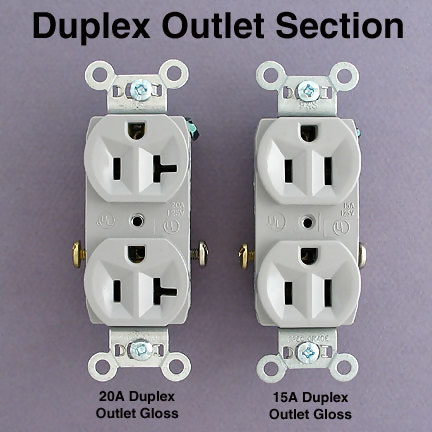1) Should I worry about parking a model 3 in an apartment? How hard is it for someone to key in or break into a model 3?
It's exactly as easy to key or vandalize as any other car.
It's a little less likely to be stolen, because they are quite easily tracked (most stolen Teslas are quickly recovered.)
None of this makes the Tesla a bigger risk than any other new car.
2) Considering I really like the model 3, should I wait before I get a house with charging access to buy it?
If you really liked some gas-knocker, would you wait until you have a house? If you wouldn't get it until you can garage it safely, then you should think of your Tesla the same way. If it wouldn't be a concern with a gas-knocker, go ahead with your Tesla.
3) How difficult will be my charging situation considering I live in Austin ?
Not difficult. Firstly, you said you have 120v at work, which is a 6-miles commute. I get about 6 miles charged per hour on 120v; so 2 hours a day covers your commute. 6 hours twice a week gives you 36 miles, which is more than your weekly commute.
As far as the area - you've got two Superchargers in Austin; ones is next to a bunch of stores, the other is next to a bunch of restaurants. Go to either and park for 15 minutes to put 100 miles in your car. Problem solved.
Next, the area is literally littered with Tesla destination chargers ( in black, above) and other-network chargers (below) if you want to strictly charge at your convenience. Even with higher rates at some of these, you'll probably be paying less than you would for gasoline in the rare case you use them.
4) Should I be worried about the usual delivery defects ?
No, because there aren't "usual delivery defects." The usual is for there to be no meaningful defects. Stop looking at super-picky complainers posting in 2018; most cars were fine for most people in 2018 (including mine), and things are even better this year. Even Consumer Reports has reversed their earlier concern, acknowledging it's a non-issue for current buyers (or no different than other new cars.)



